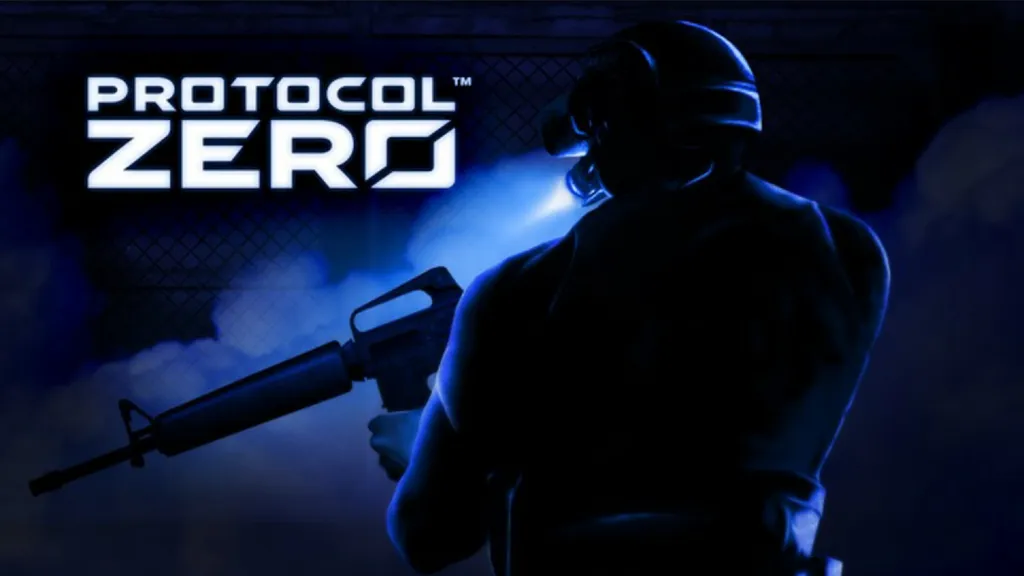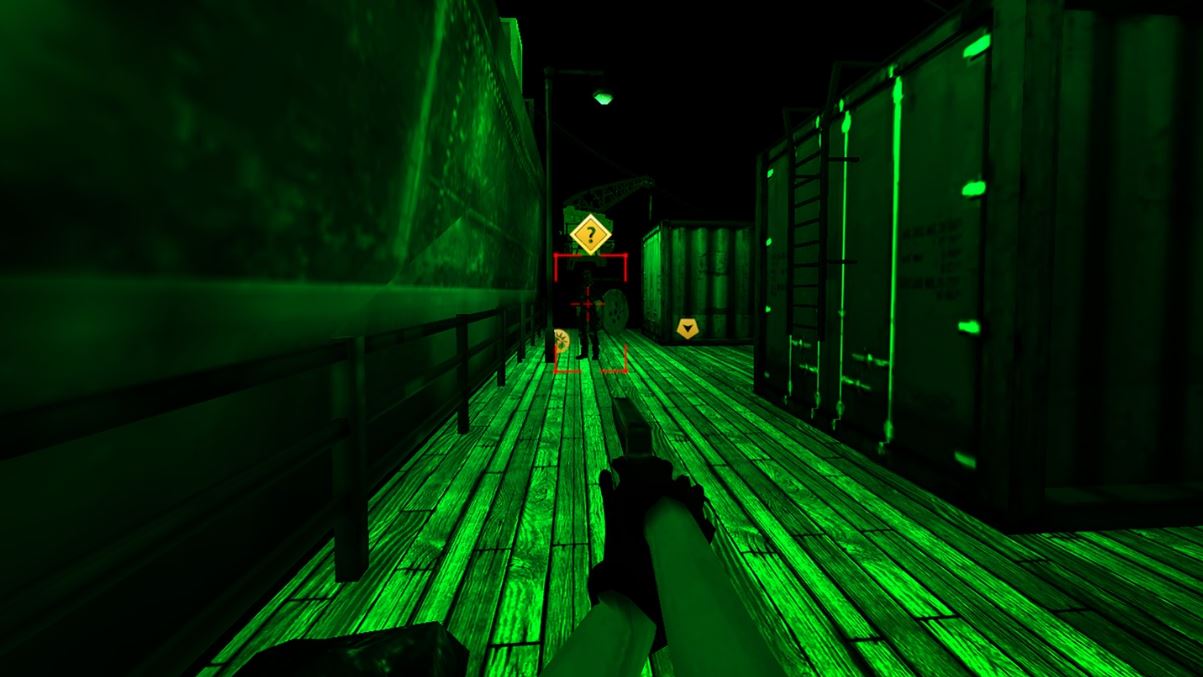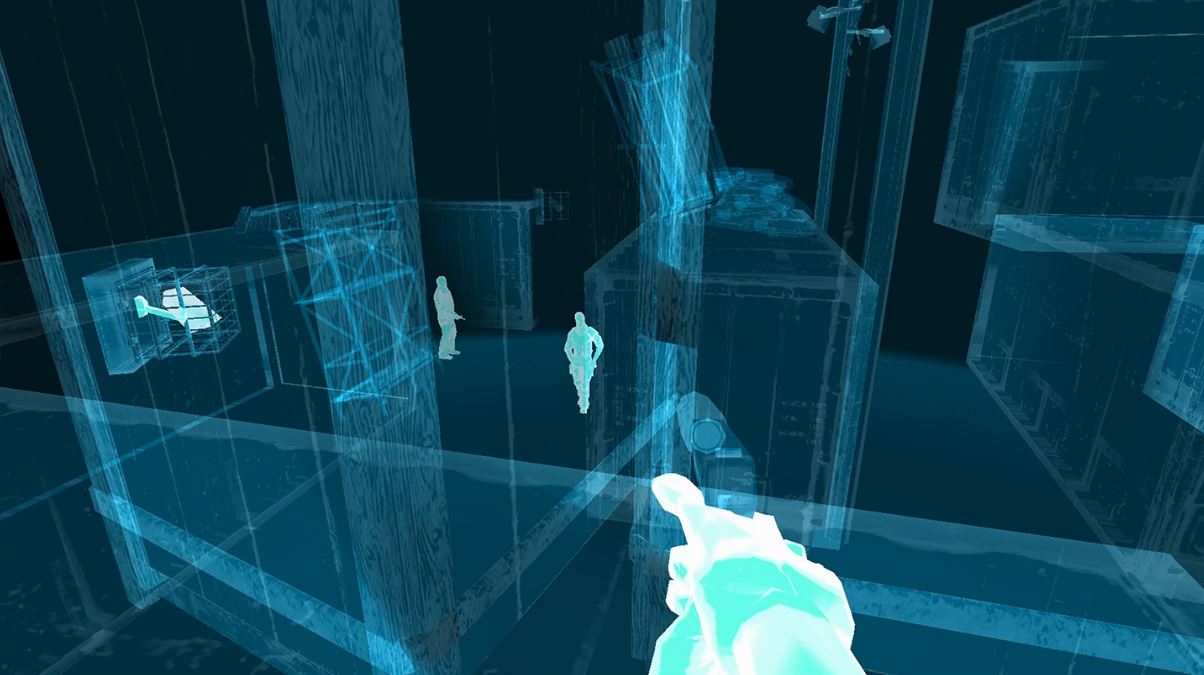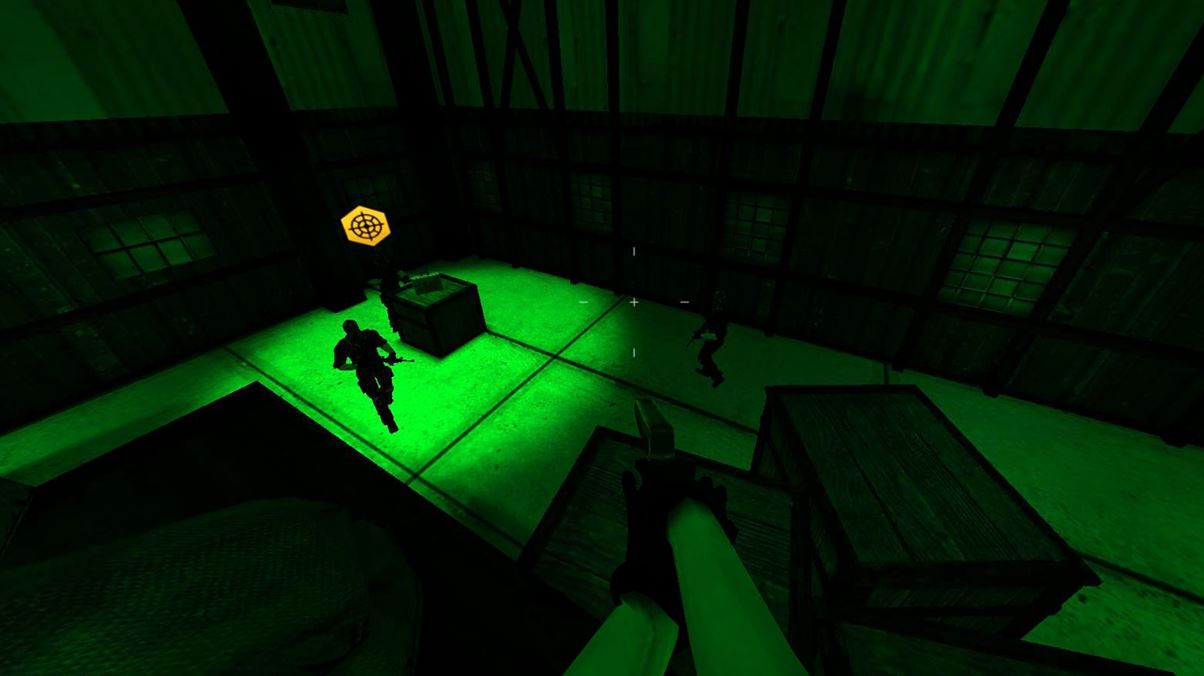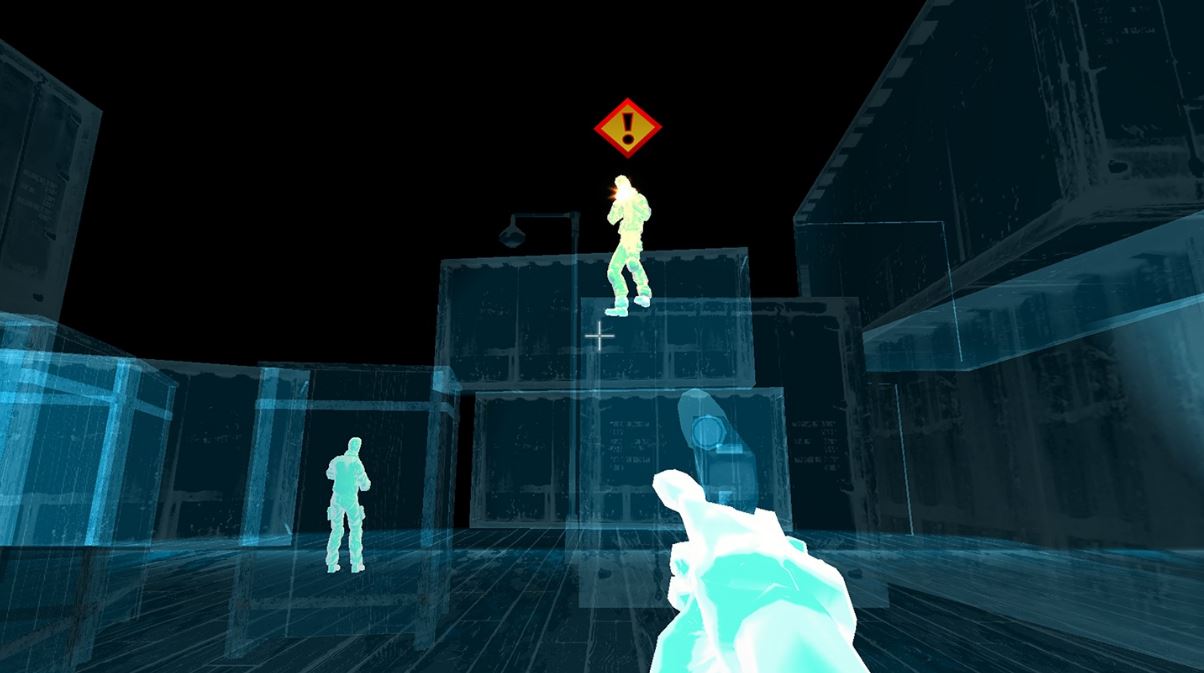Conventional wisdom tells you that the peak for downloads and general popularity for any video game is right around the launch window. Your game is fresh, it’s new, and it’s exciting, so naturally, people are most interested in checking it out. That’s why things like reviews, marketing, outreach, social media, and all of those other wondrous parts of the world are so important for aspiring game developers. Being new is the most powerful force that can drive a game’s sales forward.
But what if I told you one VR developer saw a 95x increase in revenue after issuing an update for their game and getting featured on the Oculus Store, roughly a year after initial release? Yeah, that actually happened.
I talked with the team at Sidekick VR about this turn of events and outlining how they managed to boost the revenue, users, and downloads for the now ancient (by VR standards) Gear VR launch title, Protocol Zero. Frankly, it sort of defied logic a bit. By this point, most VR developers would be knee-deep in their project or focusing on launching on other platforms. While Sidekick are planning to release Protocol Zero on other platforms later this year, that wasn’t their only focus.
DeNA, the original publisher of Protocol Zero, entered into a partnership with Sidekick VR recently that involved much more than just porting the game to other platforms. After doing some research, the team at Sidekick VR noticed something that they viewed as a bottleneck for the game’s adoption rate: it required a bluetooth controller.
Since the Gear VR doesn’t actually include a controller — while the Oculus Rift other than is bundled with an Xbox One controller in the box — a huge portion of the Gear VR’s population wasn’t able to play the game. Such a large portion in fact, Sidekick VR determined that the game could undergo a revival, in a way, if they redesigned the entire thing to enable controller-less touchpad-only gameplay.
“Using your controller versus tapping the touchpad required extensive gameplay and balance changes,” said Jonathan Kemp, COO of Sidekick VR, during a phone interview. “We had to optimize the game from start to finish to make sure the overall user experience didn’t deteriorate. We had to make sure the game was something we were happy with, while still maintaining the integrity of the initial game.”
Seeing as how bluetooth gamepads have analog sticks, buttons, and triggers that all allow for a high-degree of input and dexterity of interaction, adjusting that entire control scheme to fit into a few taps and swipes is hard to even imagine. Luckily if you prefer to play with a controller, you can still do so. But for the gamepad-less players, it actually translated over surprisingly well.
Sidekick VR’s overhaul also included the removal of the game’s demo, another seemingly counterintuitive measure. Most developers consider adding a demo as a way to entice players to try the game — ideally incentivizing an eventual purchase. But in the case of Protocol Zero, they felt like the existing demo was having the opposite effect. Players tried the demo and bounced over to the next experience without considering a purchase. A lot of that potentially has to do with the free-to-play mindset a lot of mobile VR gamers are carrying over from the mobile gaming landscape on smartphones.
“The game itself is a really solid game experience,” elaborated Kemp. “We think it’s the fullest gameplay experience on the Oculus Store right now for Gear VR.” Featuring a robust 6-8 hour first-person shooter campaign with tons of missions and content, it’s easy to see why he thinks that. The detailed stealth-based shooter gameplay appeals to fans of more traditional gaming, which also explains the initial plan of building it with controller support first and foremost. Kemp tells me that after doing some research however, they found that, “having a controller in your hand doesn’t necessarily increase the length of time spent playing.”
In addition to redesigning the game without a controller in mind and removing the demo, they also refreshed all of the promotional artwork to give the game a fresh and inviting look. Then, according to Ethan Einhorn, Director of Marketing at Sidekick VR, they “worked closely with Oculus to determine optimal release timing” to coincide being featured on the Oculus Store with the game’s audience-expanding controller-less update.
All of those factors combined together to create a perfect storm of sorts that dramatically improved the game’s reception.
Within a few days, Protocol Zero went to the top of the charts on Gear VR to be #1 in downloads and grossing revenue, as well as the top featured game. Comparing a two-day timeframe before being featured and launching the big update, to immediately afterwards, Sidekick VR experienced a 94x increase in downloads, 95x increase in revenue, 24x increase in Daily Active Users (DAU,) and interestingly, the same length of time spent in-game by players. That last bit reinforces the notion that having a controller isn’t necessary to get people to spend longer periods of time inside a game.
The results speak for themselves, but what can other studios and developers take away from this experience? Demos shouldn’t be abolished and you shouldn’t remove gamepads from all games, everything is different and should be decided on a case-by-case basis. But clearly, it appears that expanding your reach and target audience can create great results.
“A lot of developers add content after release to retain players, which is important, but many developers don’t think about ways to expand their audience as much as possible,” said Einhorn. “Removing the controller requirements, adding more languages, improving the design, etc. are all really good ways of bringing on a new audience. This past week has left us even more confident that we are digging in the right place with mobile VR, and we want to help other folks thrive in that space by providing proven best practices. ”
—
Protocol Zero is currently available for download on the Oculus Store for Gear VR. Sidekick VR is also working on bringing the game to Google Cardboard for Android and iOS later this summer, as well as eventually to Google Daydream later this year.

